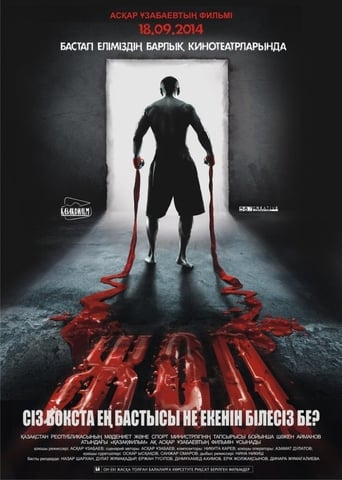
18 Sep 2013

The Way
A story about self-taught street fighter who works in the Almaty flea market at day time and takes part in underground fights at night.
On her way to the Promised Land, a blind girl meets a gangster and they fall in love. Their love makes a miracle: the girl regains her sight. This romantic story ends tragically.


18 Sep 2013

A story about self-taught street fighter who works in the Almaty flea market at day time and takes part in underground fights at night.
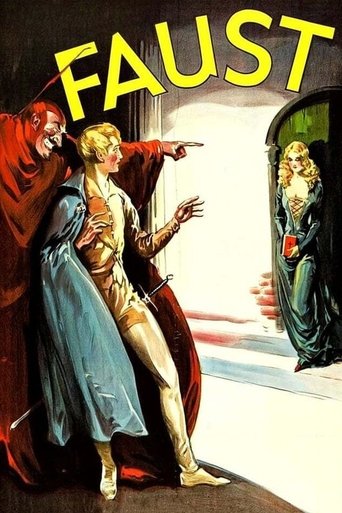
13 Oct 1926

God and Satan wager on the soul of a learned and prayerful alchemist as part of their eternal war over Earth.
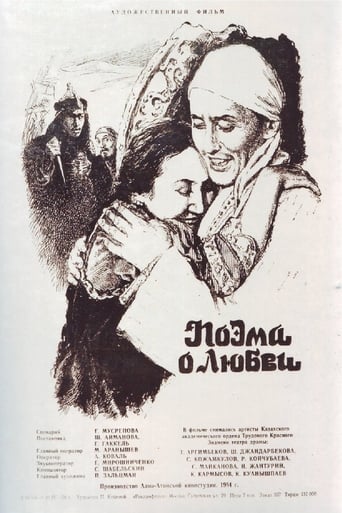
10 May 1954

A film based on the Kazakh epic poem of the XIII-XIV century. The film tells about the founders of Sarybay and Karabay, who, due to circumstances, violate the oath given to each other to seal their blood-tied friendship. However, their children Kozy Korpesh and Bayan Sulu develop mutual feelings.
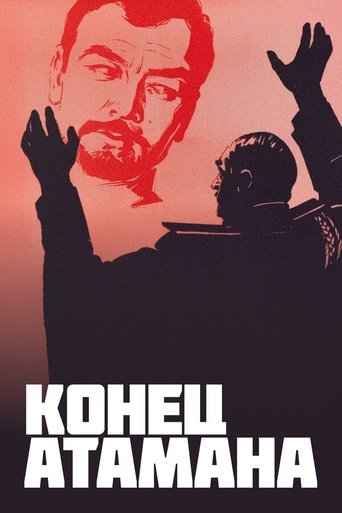
01 Jan 1970

A Kazakh spy thriller: In 1921, at the height of the civil war, a Soviet officer is assigned to kill the ataman Dutov, a White collaborator. In order to get close to the ataman he infiltrates his gang.

14 Sep 2005

The blood-soaked tale of a Norse warrior's battle against the great and murderous troll, Grendel. Heads will roll. Out of allegiance to the King Hrothgar, the much respected Lord of the Danes, Beowulf leads a troop of warriors across the sea to rid a village of the marauding monster.

13 Dec 1966

Siegfried of Xanten snatches the Nibelung treasure from the king of the underworld and slays the dragon Fafnir, whose blood makes him invulnerable. Siegfried falls in love with Kriemhild, the sister of the Burgundian king. But only if Siegfried helps Gunther marry Brunhild will he be allowed to marry Kriemhild. He fulfills this condition, but the two women bring ruin upon Xanten and Burgundy...
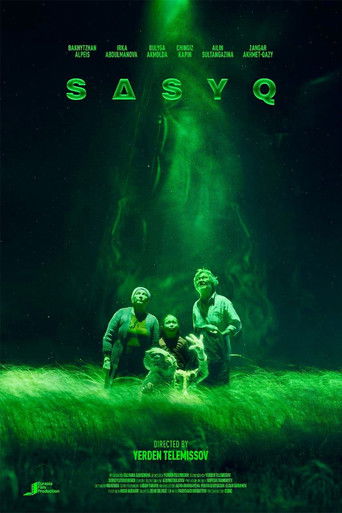
08 May 2025

While the district administration prepares for the arrival of high-ranking guests, local alcoholic Sadyq Ospanovich solves intergalactic problems. Two large-scale events, developing simultaneously, lead to an inevitable conflict. The life-weary saleswoman Nadezhda and the naive policeman Baur find themselves between two fires.
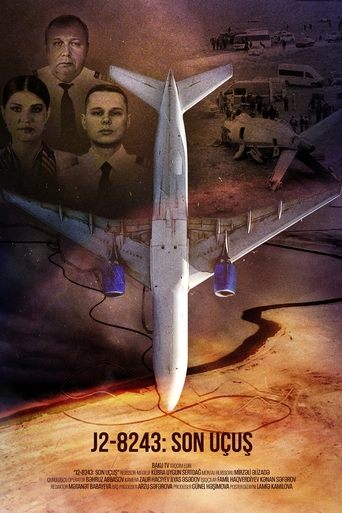
25 Feb 2025

No overview found
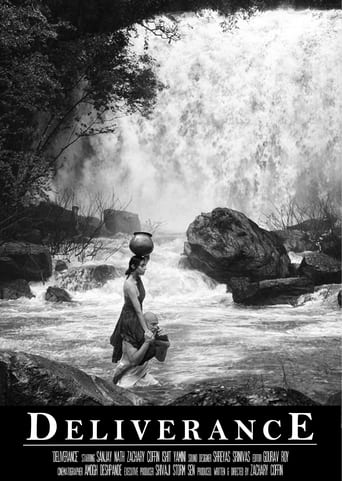
11 Jun 2021

Two monks on a mission choose very different paths

15 Jun 2010

Camel Collar tells the story of Li Sulan who, after release on completion of her prison term, returned to her village. To her disappointment, all her kith and kin were nowhere to be found. Because of her special status, she was unable to reconcile with her daughter. Bieke, a kind Kazak herdsman, took her in. Then Li started her new life herding camels. Her life was full of challenges, but Li Sulan not only tamed camels, but was also engaged in the camel milk business. In addition, she became a good teacher and helpful friend of some naughty children. The deep love between mother camels and their baby camels, and the naïve and lonely children awoke her maternal love. She decided to confront her daughter, whom she has not seen for more than 20 years. But could her daughter accept her natural mother?
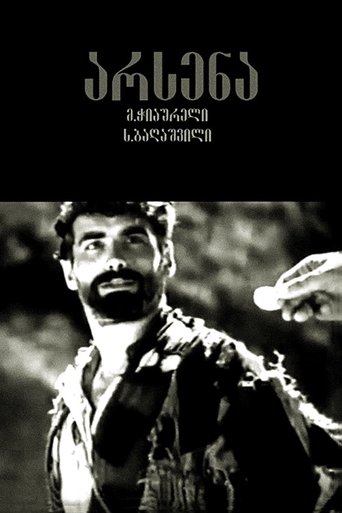
19 May 1937

XIX century peasants' revolt and the life story of bandit Arsena Odzelashvili.
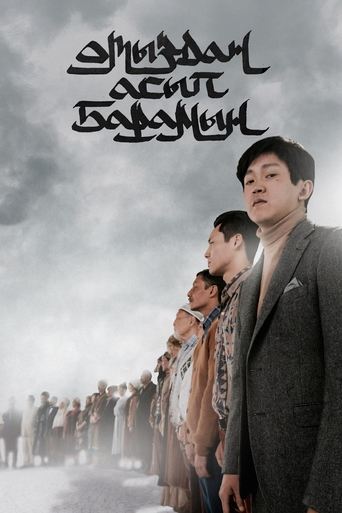
19 Dec 2021

The film is about a young man who was born on the day when Kazakhstan gained its long-awaited independence. The guy's memories start from childhood. The events in his personal life are closely intertwined with what the whole country was going through.
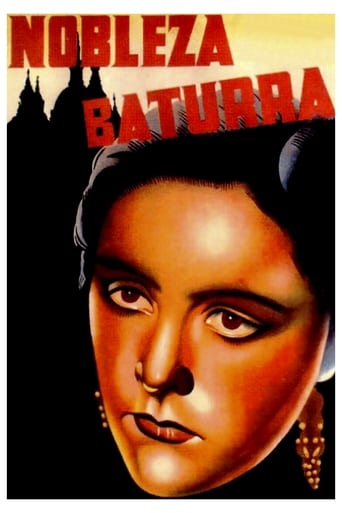
11 Oct 1935

Aragón, Spain, early 20th century. María del Pilar is a honest girl whose good name is dirtied when an old suitor seeking revenge accuses her of losing her virginity outside of marriage. The scandal soon spreads throughout the countryside.
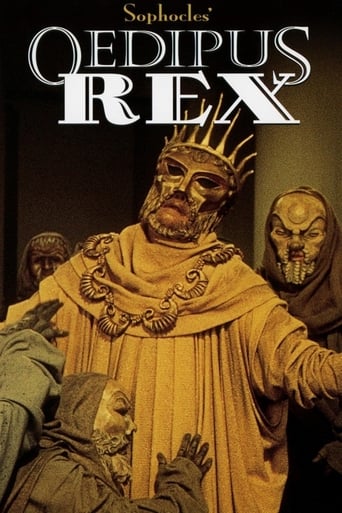
06 Jan 1957

The story of Oedipus' gradual discovery of his primal crime, killing his father and marrying his mother, filmed by the famed British theatrical director Sir Tyrone Guthrie. This elegant version of Sophocles' play adds a brilliant stroke: the actors wear masks just as the Greeks did in the playwright's day.

26 Sep 2014

In 1846, Anthony Hope sails into London with the mysterious Sweeney Todd, a once-naive barber whose life and marriage was uprooted by a corrupt justice system. Todd confides in Nellie Lovett, the owner of a local meat pie shop, and the two become partners, as Todd swears revenge on those that have wronged him and decides to take up his old profession.
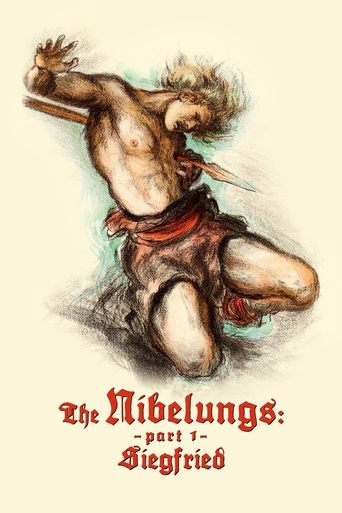
14 Feb 1924

Siegfried, son of King Siegmund of Xanten, travels to Worms, capital of the Burgundian kingdom, to ask King Gunther for the hand of his sister, the beautiful Kriemhild.
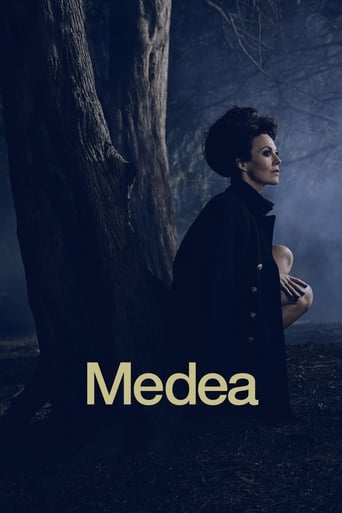
04 Sep 2014

Medea is a wife and a mother. For the sake of her husband, Jason, she’s left her home and borne two sons in exile. But when he abandons his family for a new life, Medea faces banishment and separation from her children. Cornered, she begs for one day’s grace. It’s time enough. She exacts an appalling revenge and destroys everything she holds dear.
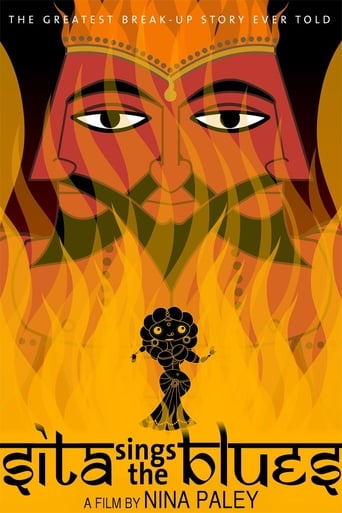
11 Feb 2008

Utilizing the 1920s jazz vocals of Annette Hanshaw, the epic Indian tale of exiled prince Ramayana and his bride Sita is mirrored by a spurned woman's contemporary personal life, and light-hearted but knowledgeable discussion of historical background by a trio of Indian shadow puppets.
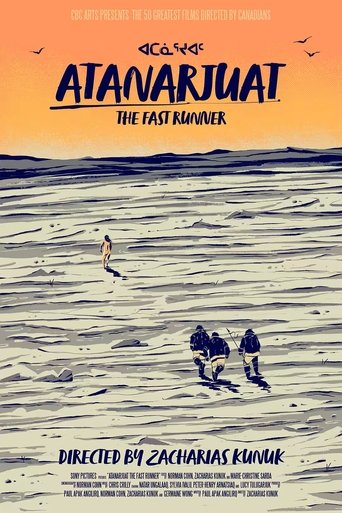
01 Feb 2002

Based on a local legend and set in an unknown era, it deals with universal themes of love, possessiveness, family, jealousy and power. Beautifully shot, and acted by Inuit people, it portrays a time when people fought duels by taking turns to punch each other until one was unconscious, made love on the way to the caribou hunt, ate walrus meat and lit their igloos with seal-oil lamps.
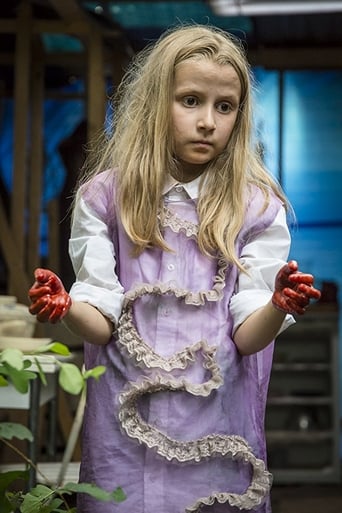
01 Jul 2017

'All Small Bodies' is a feminist, sci-fi take on the Grimm tale of Hansel and Gretel. It occurs in the distant future among the ruins of a planetary catastrophe, revealing the abuses of history and technology. In the wake of the chaotic aftermath, there are several resilient survivors including two young girls named Z and Bub. The film follows these curious adolescents who have long been lost and alone in the haunted, other-worldly woods, as they awaken their extrasensory abilities and reclaim their autonomy from a menacing dark presence.